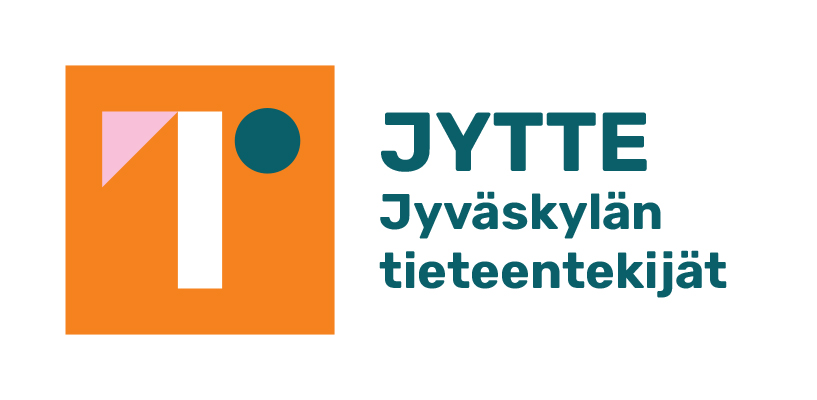Occupational healthcare:
At the moment, grant-funded researchers are not entitled to occupational healthcare.
• Jytte proposes that at the beginning of 2019, the University of Jyväskylä starts to investigate the possibility of providing grant-funded researchers with occupational healthcare. Grant-funded researchers bring significant amounts of money to the University (see for example the earlier blog post by Mikko Jakonen) and their healthcare should be properly organised.
Workstations:
Some grant-funded researchers are provided with workstations while some are not. This depends entirely on the practices of the department. When departments are relocated, sometimes into new buildings, grant-funded researchers are threatened with “outsourcing” in order to guarantee that permanent staff members get to keep their workstations.
• Denying workstations from grant-funded researchers is not good HR. Grant-funded researchers are an important part of the University research community. Regarding workstations, grant-funded researchers are not to be put in a position unequal to that of permanent staff members. They are not to be denied workstations because “there is not enough space”. Researchers must also be allowed workstations during short breaks in funding (say, up to six months).
Number of grant-funded researchers:
The University does not know the actual number of grant-funded researchers it employs. Consequently, it is unclear what kind of results they produce, how much money they bring in, and how many publications they turn out.
• Jytte proposes that the University must provide a yearly report that clearly shows the actual number of grant-funded researchers. The report could be based on the data collected by the departments and in Converis. The University must also assess the amount of money grant-funded researchers bring in.
Staff mailing lists and keycards:
At some departments, grant-funded researchers are added to the staff mailing lists and at other ones, they are not. The reasons and explanations for excluding grant-funded researchers range from the technical to the principled. Unlike those of permanent staff members, the keycards of grant-funded researchers do not have photos on them.
• Jytte sees that anyone conducting full-time long-term research (such as pursuing a PhD or engaging in post-doctoral study) should have access to the staff mailing lists at all departments and faculties. The keycards of grant-funded researchers should be identical to the ones of permanent staff.
University email addresses:
Some grant-funded researchers have not been allocated a university email address and some have had their addresses closed down when their status has changed from staff members to grant-funded researchers.
• Jytte thinks that any grant-funded researcher or other member of the academic community who conducts long-term research should be provided with a functional and constantly valid email address. First of all, an email address is an important tool, the losing of which causes many practical issues. In the worst case scenario, it will lead into the breaking down of the publication processes of articles and books or into the losing of information on funding applications and research networks. Additionally, an email address is a question of image: the employees of the University of Jyväskylä should not be forced to go around the world promoting the services of commercial email providers when they could have addresses provided by the University.
Researcher contract:
The status, rights, and duties of grant-funded researchers are all in all unclear in the University of Jyväskylä.
• Jytte proposes that the University provides all grant-funded researchers with a “researcher contract” that clarifies the amount and duration of all new and existing funding, and guarantees that the researchers are provided with an email address, a workstation, and all the other things related to the membership of the academic community mentioned above. The point of the contract is to ensure that researchers are able to work even during short breaks in funding. A researcher contract could provide stability to research careers that usually comprise short-term contracts and grants.
Finally, Jytte proposes that these rights, duties, and general practices relating to grant-funded researchers are recorded on the public website of the University for anyone to see and refer to. This would allow for the unification of good practices across the University as soon as possible.
Tuesday 18.12.2018
The Board of Jytte
